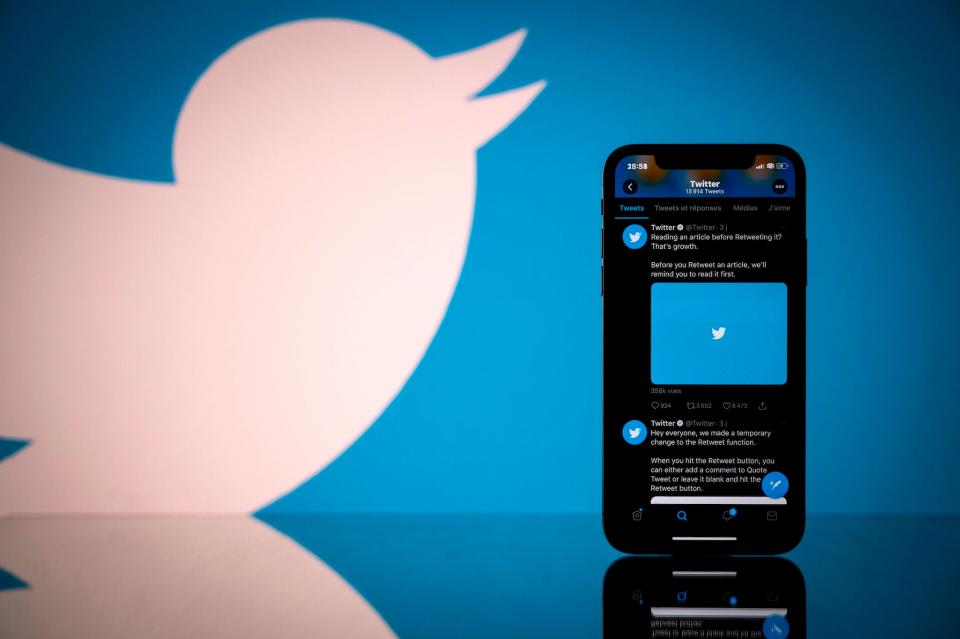Twitter re-opening verification, allowing select users to get blue ticks again

Twitter is relaunching its verification process – and asked for feedback on who should get its controversial blue ticks.
Since it was introduced in 2009, the little icon on Twitter – and after that, other social networks including Facebook and Instagram – has been intended as a way of showing that the identity of a certain account holder has been checked. But it has also been criticised as seemingly endorsing the accounts that it is added to, and Twitter more recently paused its verification programme amid accusations it was being used to publicise the wrong accounts.
Now Twitter has said that it is bringing it back, but with some changes to how those selected for verification will be chosen. Some existing verified accounts could lose their blue ticks, it warned, including those profiles that are not used or are incomplete.
Under proposed new rules, Twitter said it would look to verify six main types of account: those aligned with government; companies, brands and non-profit organisations; news; entertainment; sports; and activists, organisers and other "influential individuals".
It said these parameters could be broadened over time, but acknowledged it wanted to cut the number of verified accounts.
"We recognise that there are many verified accounts on Twitter who should not be," a Twitter blog post said.
"We plan to start by automatically removing badges from accounts that are inactive or have incomplete profiles to help streamline our work and to expand this to include additional types of accounts over the course of 2021."
The social media platform paused its public verification programme three years ago when chief executive Jack Dorsey described it as "broken".
That description was made after Twitter was widely criticised for verifying the account of one of the organisers of a far-right rally in the US.
The social media site said the incident had shown how verification was being viewed differently to what was intended and as a result needed a revamp.
"Verification was meant to authenticate identity & voice but it is interpreted as an endorsement or an indicator of importance. We recognise that we have created this confusion and need to resolve it," Twitter said at the time.
In its update on the relaunch, Twitter urged users to send their feedback on the proposed policies to help fine-tune the system and prevent any further confusion.
The site has asked people to complete a brief survey on the draft verification policy by posting it to Twitter with the hashtag #VerificationFeedback.
"We know we can't solve verification with a new policy alone - and that this initial policy won't cover every case for being verified - but it is a critical first step in helping us provide more transparency and fairer standards for verification on Twitter as we reprioritise this work," the platform said.
"This version of the policy is a starting point, and we intend to expand the categories and criteria for verification significantly over the next year."
Additional reporting by agencies
Read More
Twitter will warn you when you like a tweet containing misinformation
